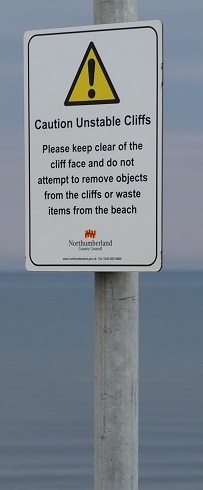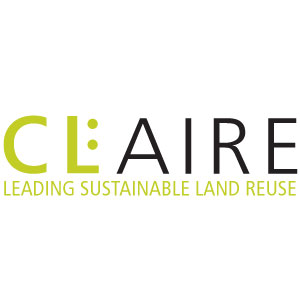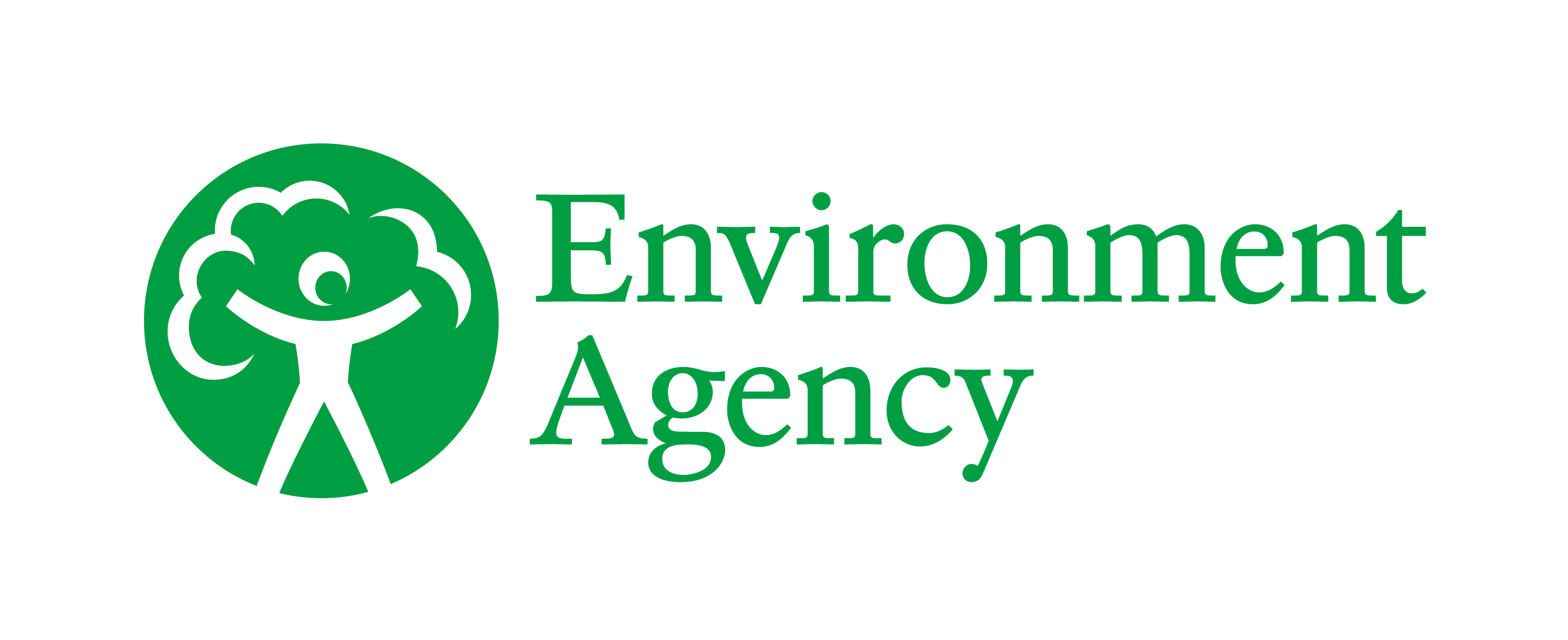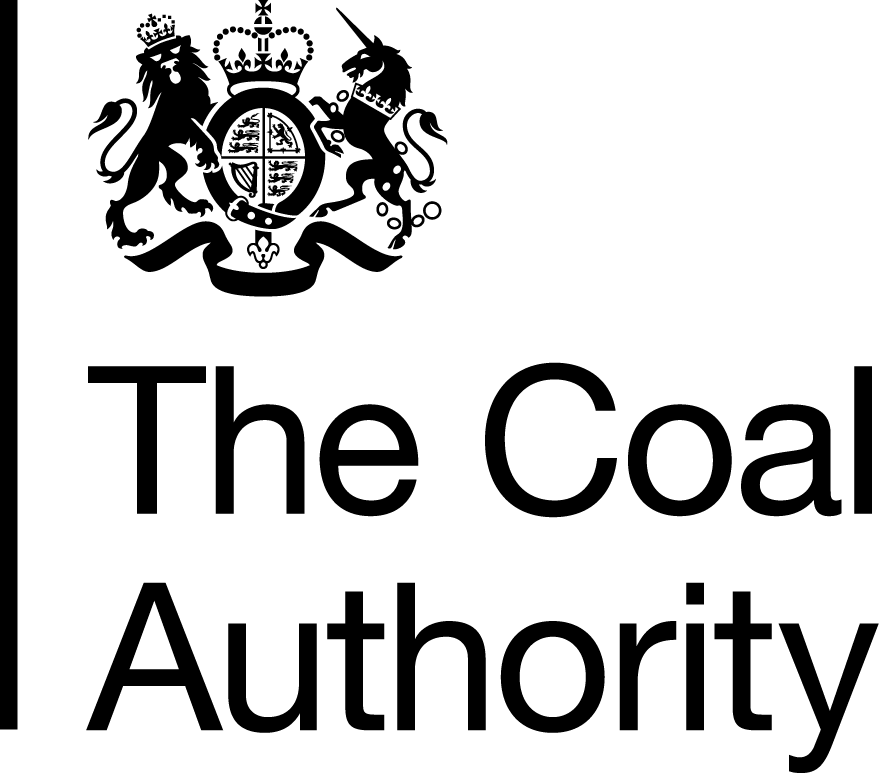About our Project
Background
Historical disposal of wastes from domestic and industrial sources often took place with little regard for potential environmental impacts. Wastes were often deposited in landfills that can release potential pollutants to the surrounding environment. Such 'legacy landfill' sites are a particular concern in coastal areas where they are likely to be affected by increased flooding, greater erosion and more extreme cycles of wetting and drying as our climate changes. Managing such environmental issues is of critical importance, but currently we do not have a systematic framework by which we assess and understand the nature of the risks posed by different waste types in coastal areas. Given the UK's rich industrial past, there are a wide range of legacy wastes deposited in estuarine and coastal settings such as municipal waste, mine wastes, steel industry by-products, metal-rich wastes from smelting and chemical process wastes. This project brings together a team of researchers specialising in assessing the environmental risks of legacy wastes to (1) provide a national assessment of the environmental risks associated with legacy landfills in the coastal zone, and (2) provide a framework for effective management of these risks now and in the future.
Overall aim
The overall aim of the research is to take a coordinated approach to comprehensively investigate the spatial extent, characteristics, and physical and biogeochemical behaviour of municipal and industrial legacy wastes, in order to then objectively evaluate both (a) the environmental risks and impacts of solid wastes in coastal zones, both now and in future climate change scenarios and (b) the most appropriate management policies and interventions to address these risks.
















